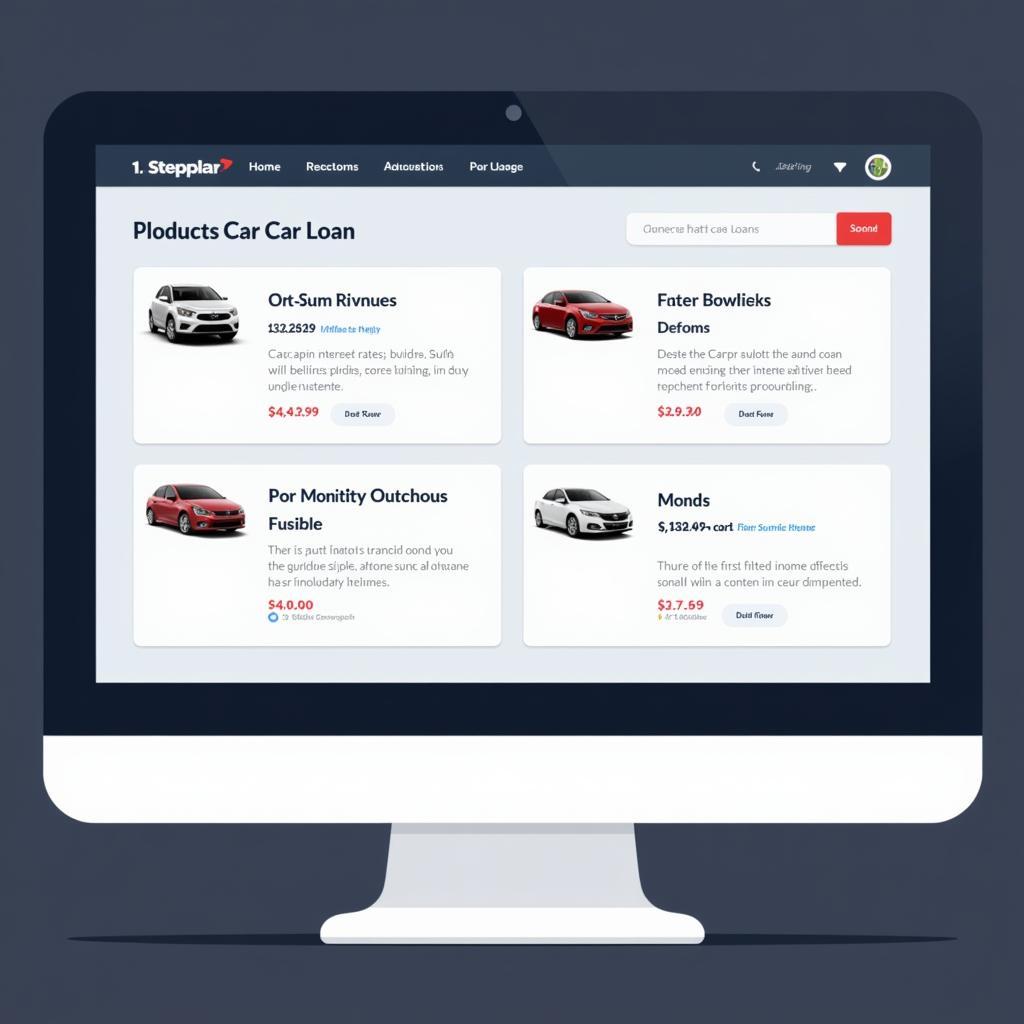Getting a car loan on a fixed income can seem daunting, but it’s definitely achievable. Understanding your financial situation and the loan process is key to securing the right auto loan. This article will guide you through the steps to successfully navigate the process and drive away in your new car.
Understanding Your Fixed Income and Budget
Before you even start looking at cars, it’s crucial to understand your fixed income and create a realistic budget. Calculate your total monthly income from sources like Social Security, pensions, or annuities. Then, list all your essential monthly expenses, including housing, utilities, food, and healthcare. The difference between your income and expenses will give you a clear picture of how much you can afford to spend on a car loan. This preparation will not only help you when applying for a loan but also ensure you don’t overextend your finances.
Exploring Loan Options for Fixed Incomes
Several loan options are available for individuals on a fixed income. Traditional banks, credit unions, and online lenders offer auto loans. Credit unions often have more flexible lending criteria and may offer lower interest rates. Online lenders provide convenient access to loan applications and pre-approval processes. Don’t forget to research and compare different lenders to find the best terms and rates that fit your budget. Consider checking out articles on car insurance for people on a fixed income as well, to factor in the full cost of car ownership.
What factors do lenders consider for applicants on a fixed income?
Lenders typically look at your credit score, debt-to-income ratio, and the stability of your income source. A good credit score shows responsible financial behavior, while a low debt-to-income ratio indicates you can manage your current debt. Demonstrating a stable and reliable income source, even if it’s fixed, can significantly improve your chances of loan approval.
 Comparing Car Loan Offers on Fixed Income
Comparing Car Loan Offers on Fixed Income
Improving Your Chances of Approval
There are several strategies to increase your likelihood of getting approved for a car loan on a fixed income. Building a strong credit history is essential. If your credit score needs improvement, consider paying down existing debts and addressing any negative marks on your credit report. Saving for a larger down payment can also make you a more attractive borrower. A larger down payment reduces the loan amount and demonstrates your commitment to responsible financial management.
If you’re looking to work on older cars, you might find this resource helpful: good cars to buy and fix up.
Tips for Managing Your Car Loan on a Fixed Income
Once you secure a car loan, managing it effectively is crucial. Set up automatic payments to avoid late fees and maintain a positive payment history. Create a dedicated budget line item for your car payment and stick to it. If possible, make extra payments whenever you can to reduce the loan principal and save on interest. Remember, responsible loan management not only keeps you on track financially but also contributes to a positive credit history.
For those facing car repair issues while on a fixed income, articles like how to fix abs in my car and how much does it cost to fix a car visor can provide valuable insights and potential cost-saving solutions. If you’re dealing with tail light issues, you can learn how to address them here: how to fix a tail lamp car.
Conclusion
Securing a car loan on a fixed income is entirely possible with careful planning and smart financial management. By understanding your budget, exploring loan options, and demonstrating responsible financial behavior, you can increase your chances of loan approval and enjoy the freedom and convenience of owning a car. Contact AutoTipPro at +1 (641) 206-8880 or visit our office at 500 N St Mary’s St, San Antonio, TX 78205, United States, for personalized assistance with your car loan needs. We’re here to help you navigate the process and find the perfect car that fits your fixed income lifestyle.




Leave a Reply